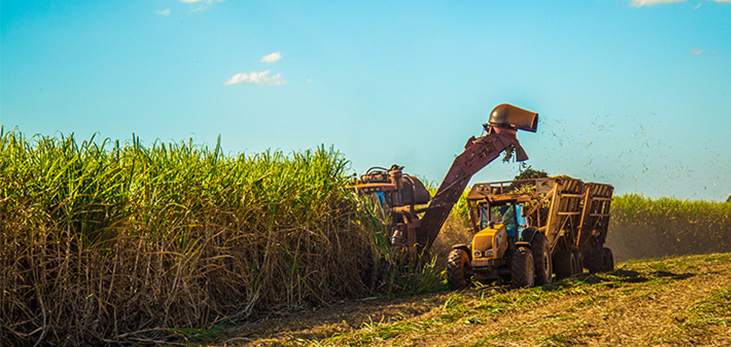|
Sugar Factories |
Sugar production in Barbados has a storied history that spans back to the early days of European colonization in the 17th century. The introduction of sugar cane to the island marked a transformative period, as Barbados quickly became a powerhouse in the burgeoning sugar industry of the Caribbean. Plantations flourished across the island's fertile lands, and sugar factories emerged as vital centers of economic activity.
Among the prominent sugar factories in Barbados are:
- Andrews Sugar Factory:
- Location: Situated in St. Joseph parish, Andrews Sugar Factory has been integral to Barbados' sugar industry since its establishment. The factory processes sugar cane sourced from nearby plantations, continuing a tradition that dates back centuries. Its operations not only support local agriculture but also contribute significantly to the island's economy.
- Portvale Sugar Factory:
- Location: Nestled in St. James parish, Portvale Sugar Factory has played a pivotal role in Barbados' economic landscape. Known for its production of refined sugar, the factory has historically processed vast quantities of sugar cane, meeting both domestic needs and international export demands. Its presence underscores the island's historical reliance on sugar production as a cornerstone of its economy.
- West Indies Sugar Factory:
- Location: Located in St. Thomas parish, the West Indies Sugar Factory stands as a testament to Barbados' rich sugar heritage. Established to process locally grown sugar cane, the factory has contributed significantly to the island's agricultural output and economic growth. Over the years, it has adapted to technological advancements and market changes while maintaining its role as a key player in Barbados' sugar industry.
The development of these sugar factories not only propelled Barbados into prominence within the sugar trade but also shaped the social and cultural fabric of the island. Sugar plantations brought a diverse workforce to Barbados, including enslaved Africans whose labor was crucial to the industry's success. This historical legacy is evident in Barbadian culture today, influencing everything from culinary traditions to social structures.
Despite facing challenges such as fluctuating sugar prices, competition from other sugar-producing regions, and changes in global trade dynamics, Barbados' sugar factories have persevered. They continue to be pillars of the island's economy, employing local communities and preserving a heritage deeply rooted in the cultivation and processing of sugar cane.
In conclusion, the sugar factories of Barbados are not just industrial facilities but living monuments to a history shaped by colonization, slavery, and economic transformation. Their resilience and adaptability highlight their enduring importance in Barbados' past, present, and future.



